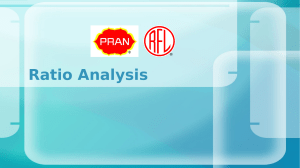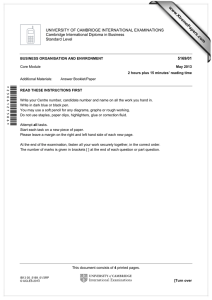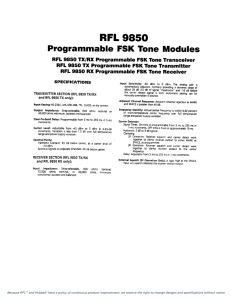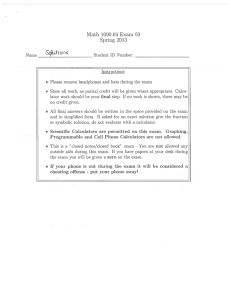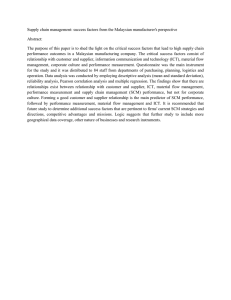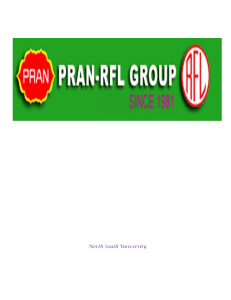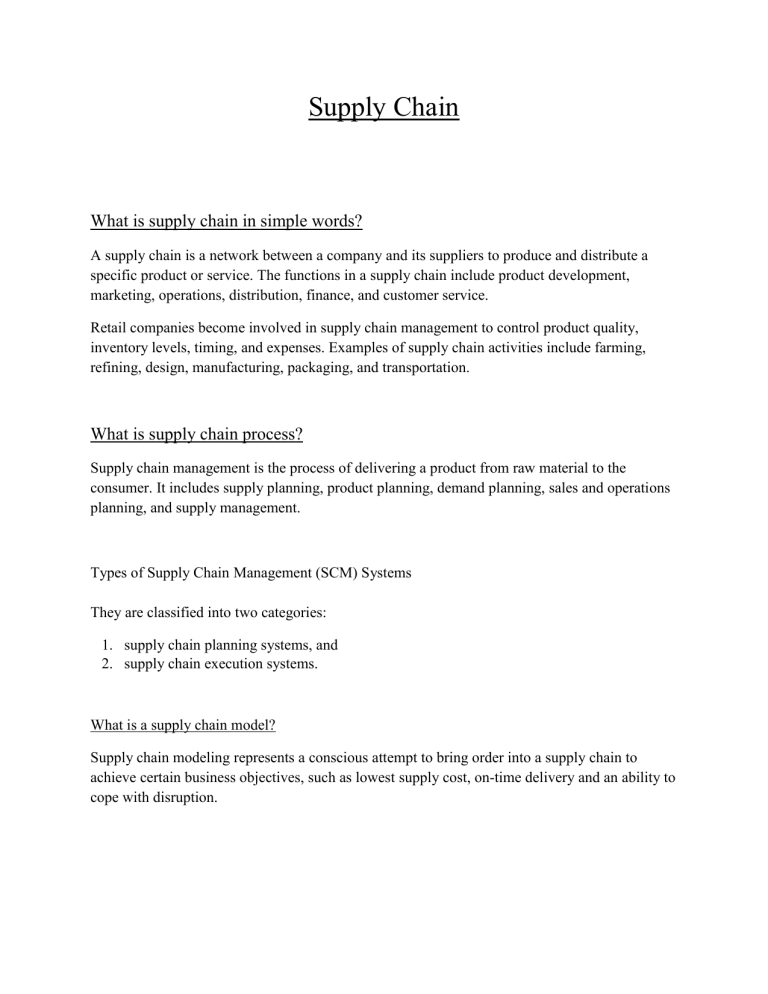
Supply Chain What is supply chain in simple words? A supply chain is a network between a company and its suppliers to produce and distribute a specific product or service. The functions in a supply chain include product development, marketing, operations, distribution, finance, and customer service. Retail companies become involved in supply chain management to control product quality, inventory levels, timing, and expenses. Examples of supply chain activities include farming, refining, design, manufacturing, packaging, and transportation. What is supply chain process? Supply chain management is the process of delivering a product from raw material to the consumer. It includes supply planning, product planning, demand planning, sales and operations planning, and supply management. Types of Supply Chain Management (SCM) Systems They are classified into two categories: 1. supply chain planning systems, and 2. supply chain execution systems. What is a supply chain model? Supply chain modeling represents a conscious attempt to bring order into a supply chain to achieve certain business objectives, such as lowest supply cost, on-time delivery and an ability to cope with disruption. What is supply chain diagram? A diagram of a supply chain. The black arrow represents the flow of materials and information, and the gray arrow represents the flow of information and backhauls. The elements are (a) Raw Materials (b) Supplier (c) Manufacturer (d) Distributor (e) Retailer (f) customer What is Supply Chain Management (SCM)? Supply chain management (SCM) is the active management of supply chain activities to maximize customer value and achieve a sustainable competitive advantage. It represents a conscious effort by the supply chain firms to develop and run supply chains in the most effective & efficient ways possible. Supply chain activities cover everything from product development, sourcing, production, and logistics, as well as the information systems needed to coordinate these activities. Supply chain management Process of PRAN-RFL PRAN-RFL Group is one of the largest conglomerates in Bangladesh. It is the largest agribusiness in Bangladesh. PRAN means heart in Bengali. Retired Major General Amjad khan Chowdhury Founder: PRAN_RFL Group 10th NOV,19398th july,2015 PRAN: PRAN (Programme for Rural Advancement Nationally) was established in 1981. PRAN Foods is a sister concern of PRAN-RFL Group. The initial main objective was to produces a number of agro products under the banner of PRAN. Like juice, drinks, dairy, ghee etc. RFL:RFL (Rangpur Founder LTD.) started its journey with Cast Iron (CI) products in 1980. The initial main objective was to ensure pure water and affordable irrigation instruments for improving rural life. Like pumps, tube wells, bearings etc. RFL, strongly believes in fairness within the organization. Three core areas of fairness are largely practiced in RFL. Those three areas are- procedural fairness, distributive fairness and interactional fairness. RFL has become a benchmark for competitors on the lines of quality. Our Values: In RFL, wetakepridein conductingourbusiness with integrityand promoting ethicalbusiness practices though our values. Our core values define who we are, howwe operate and what makes us different than others, we have created this code of ethics in order to specify our fundamental values in detail as well as to establish an outline for ethical and acceptable behavioral standards in our organization. Discipline: RFL considers discipline as one of the most essential components of its success. RFL has zero tolerance for misconduct and policy violation. In our company, all of our team members are expected to comply with our disciplinary standards regarding attendance, dress code, punctuality, fairness and integrity in day to day work. We prioritize discipline over performance. We believe success can only be recognized with proper discipline and It helps us in creating a sense of prevention from wrongdoing and inappropriate behavior in the workplace. Commitment to work: One of the key attributes we expect from our employees is their commitment to work. The culture we have in RFL, is result focused which means our primary concern is to obtain the best possible outcome. We emphasize more in prioritizing our work above personal interests. Being an employee, we value our work first and know how to get things done cost effectively. It is very important for us to know our job and act accordingly. Customer First: We believe in customer first. It is a leadership competence that we hold as a value in RFL. The concept of Customer First is about extending support which means when we work with our colleagues, teammates, customers or stakeholders we need to be proactive and be ready to serve. B’ Fair: B'Fair is a concept which means to be equal to everyone in the workplace and ensuring equal opportunity for the highest outcome of work. Working as an effective employee is a key component for success in our organization. All the employees are treated equally within the workplace. Continuous Improvement: In RFL, we believe in making continuous effort for our long-term growth and success. In order to survive in today’s dynamic business environment, we need to make room for continuous improvement. Our motto is doing things better than yesterday, which is why we emphasize on making incremental improvements. Our Mission & Vision: SINCE 1981 This company is working in eradicating poverty from the society. Mission: “Poverty and Hunger are curses.” Vision: “Improving livelihood” AIM: “To generate employment and earn dignity and self-respect for our compatriots through profitable enterprises.” Our Strength: As members of RFL family, we believe each employee should instill 3 behavioral trails/qualities among them. These three qualities are our main strengths and help us in setting our goals by shaping up core values for the company. Intelligence: We are proud to have a dedicated and intelligent workforce in our company. Intelligence is defined here as competencies of the job, using common sense as well as being good at situational management. In RFL, we have a large team consisting of over 25,000 team members nationwide. Integrity: We practice a high level of integrity in our organization to achieve our goals. Integrity is about having strong moral values and being reliable and loyal to the organization. We show integrity by treating others with respect, being responsible for our actions, ensuring fair judgment and transparency and protecting the reputation of our company. Being sincere towards our duties and obligations will help us to perform with integrity and it will make us effective team players of a winning team. Intensive: One of our key attributes that makes us different than our competitors is our intensive nature of work. We concentrate on being specialized in what we do and we take ownership of our job. Our aim is to make continuous improvement through strategic planning, hard work, and persistency. We believe that long term growth is possible when we carry out a strategic plan with intensive work. With intelligent workforce and intensive work, we will be able to fulfill our journey of good to great. Supply Chain Process of PRAN RFL 1. Create Demand 2. Sourcing/Market survey (Local/Foreigen) 8. Finish Product for ultimate buyer 3. Purchase Allocation 7. Distribution 4. Company Internal Procedure for Purchase 6. Manufacture 5. Send to wearhouse 1. Create Demand: It takes your big ideathe creative appeal of your brand and turns it into sales. To end the confusion, marketers need a term for the holistic process of generating demand. 2. Sourcing/Market survey: Local: When create or generate demand then need to source or Survey the market for fulfill the demand. If found locally then go to QC or Engineer test that it’s ok or not for use the production. If it’s ok then purchase from local market on raw material or machine. PRAN-RFL verify more supplier for quality, Price negotiation etc. Foreign: When local market is not found the materials then goes to foreign market for sourcing raw material or machine by ultimate supplier who are ready to supply the product. PRAN-RFL focuses: China, Japan, Korea, Taiwan, Thailand, India, Singapore and USA market for purchase the materials or Machine. We collect from foreign supplier material sample, quotation and machine video trial and quotation for compare each supplier. 3. Purchase Allocation: Cash/Credit for local or Import. 4. Company Internal Procedure for Purchase: Each and Every company has an internal format before purchase the materials or machine from supplier. Such as PRAN-RPL maintains their internal rules and regulation when purchase the supplier. Purchase Requisition (PR) from operation Purchase order (PO) from SCM Supplier delivery the product to Warehouse Store Manager makes Material Receiving Report (MRR) SCM Making MRR bill Bill submit to account for supplier payment. 5. Send to Wearhouse: After purchasing the raw materials, they are sent to the warehouses. Charmuguria, Madaripur. 6. Manufacture: The materials from the warehouse are used to manufacture the ultimate product. Industries are in Natore, Habiganj,Dhaka,Gazipur,Narshingdi,Narayangonj,Rangpur etc. 7. Distribution: PRAN-RFL employed the channels of distribution in the market depending on the market requirement. For foreign countries PRAN use wholesales or retailers and for some countries they hire an importer for making the firm’s products available to the end users. 8. Finish Product for ultimate buyer.
